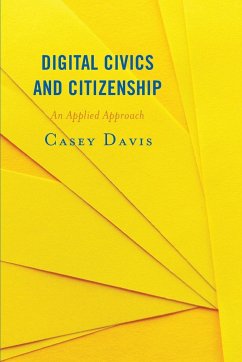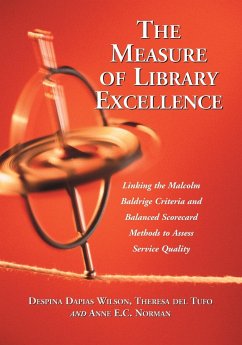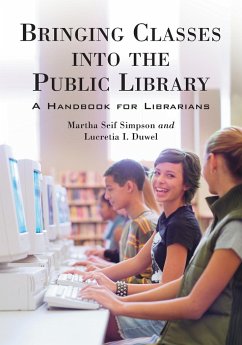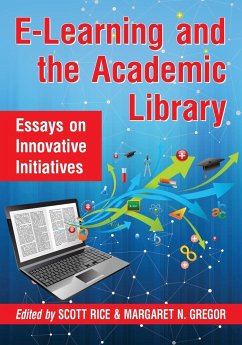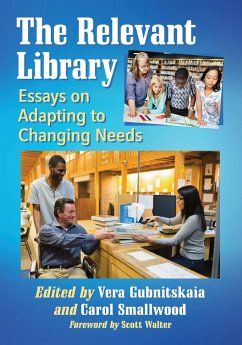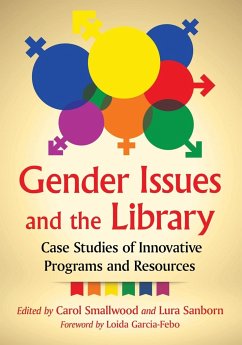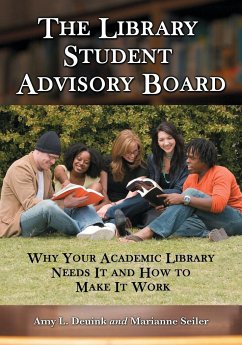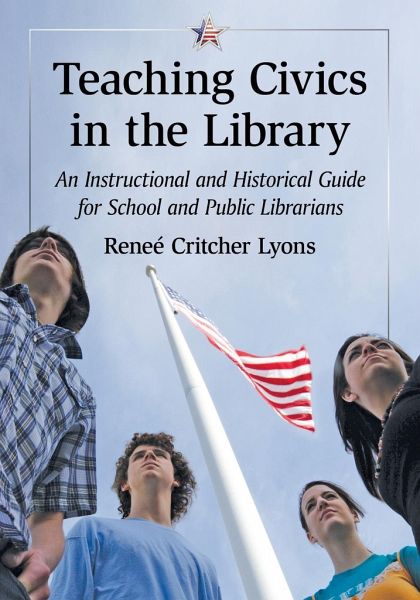
Teaching Civics in the Library
An Instructional and Historical Guide for School and Public Librarians
Versandkostenfrei!
Versandfertig in 1-2 Wochen
43,99 €
inkl. MwSt.

PAYBACK Punkte
22 °P sammeln!
Civics education is ""on the books"" in all 50 states, yet civic illiteracy is widespread. Only one third of 12th graders are able to explain the significance of the Declaration of Independence, and fewer than half of 8th graders know the purpose of the Bill of Rights. This instructional guide explores the foundations of civics education--and the reasons for its demise--with commentary from civics education leaders and scholars across the nation. Questions for eliciting civics discussion are provided for all grade levels, along with detailed civic action and service projects and reading plans....
Civics education is ""on the books"" in all 50 states, yet civic illiteracy is widespread. Only one third of 12th graders are able to explain the significance of the Declaration of Independence, and fewer than half of 8th graders know the purpose of the Bill of Rights. This instructional guide explores the foundations of civics education--and the reasons for its demise--with commentary from civics education leaders and scholars across the nation. Questions for eliciting civics discussion are provided for all grade levels, along with detailed civic action and service projects and reading plans. Best practices and grant writing options are included. The author argues for a return to early 20th century civics education and details the traditional and present-day role of America's libraries in developing a civic-minded populace. School and public librarians are urged to utilize trade books and carefully evaluated websites to integrate civics within educational and youth services offerings.





